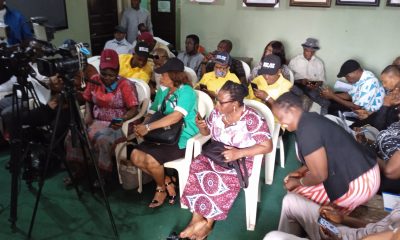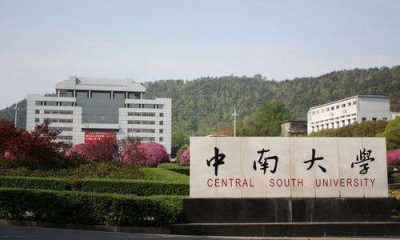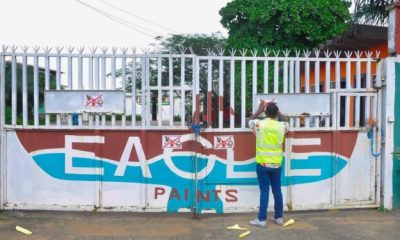Business
Banks begin collection of old naira notes despite CBN’s denial of directive
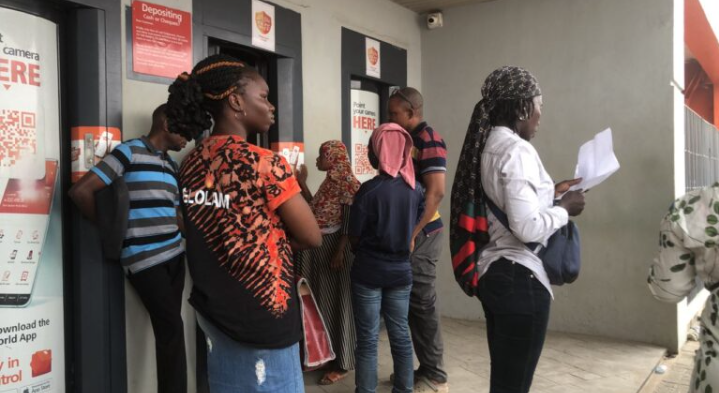
Commercial banks have started collecting the old N500 and N1,000 naira notes from their customers.
The development comes despite the rebuttal of the Central Bank of Nigeria (CBN) that it did not direct banks to collect the old naira notes from citizens.
Meanwhile, in contradiction to the apex bank’s position, checks by newsmen showed that the cash redemption portal of the CBN directed customers with old notes totalling N500,000 and below to commercial banks to make the deposits.
To ascertain the state of things, newsmen visited banks in different parts of Lagos on Saturday.
Long queues were seen in front of banks as customers attempted to gain access into the banking halls.
At Access Bank in Megida bus stop, Ayobo, a bank official was calling out the names of customers from a sheet of paper.
Once a customer’s name is called, he/she is allowed to proceed into the bank.
The bank official said they would stop attending to customers by 2pm.
Meanwhile, some customers outside the bank lamented that they were unable to generate a reference number from the CBN portal.
“I have been here since 10am. This is almost 2pm. The CBN portal is saying validation error. I can’t generate the reference code so I can’t go in,” a customer, simply identified as John, said.
At branches of Access Bank and First Bank in Iyana Ipaja, customers were allowed to deposit their old notes.
Guaranty Trust Bank (GTB) branches in Ikorodu and Airport Road were also attending to customers.
At a Sterling Bank branch in Ikorodu, newsmen observed that only those who have generated the CBN reference number were being allowed in.
A security officer at a United Bank for Africa (UBA) branch in the area said the firm has stopped attending to people for the day.
“We will open again on Monday,” he said.
At the time of visit (2pm), a small group of customers at an Access Bank branch in Ikorodu were waiting to get attended to under a canopy outside the company.
“They opened in the morning to collect the notes. But now they’ve closed,” a customer said.
Another customer said they were waiting to see if the bank workers would allow them in or tell them when to come back.
Business
Nigeria’s GDP rate grew by 3.46% in Q3 2024, says NBS

The National Bureau of Statistics (NBS) says Nigeria’s annual gross domestic product (GDP) grew by 3.46 percent in the third quarter (Q3) of 2024.
The NBS, in its GDP report published on Monday, said the growth rate is higher than the 3.19 percent recorded in Q2 2024.
Business
Dangote refinery reduces ex-depot price of petrol to N970 for oil marketers
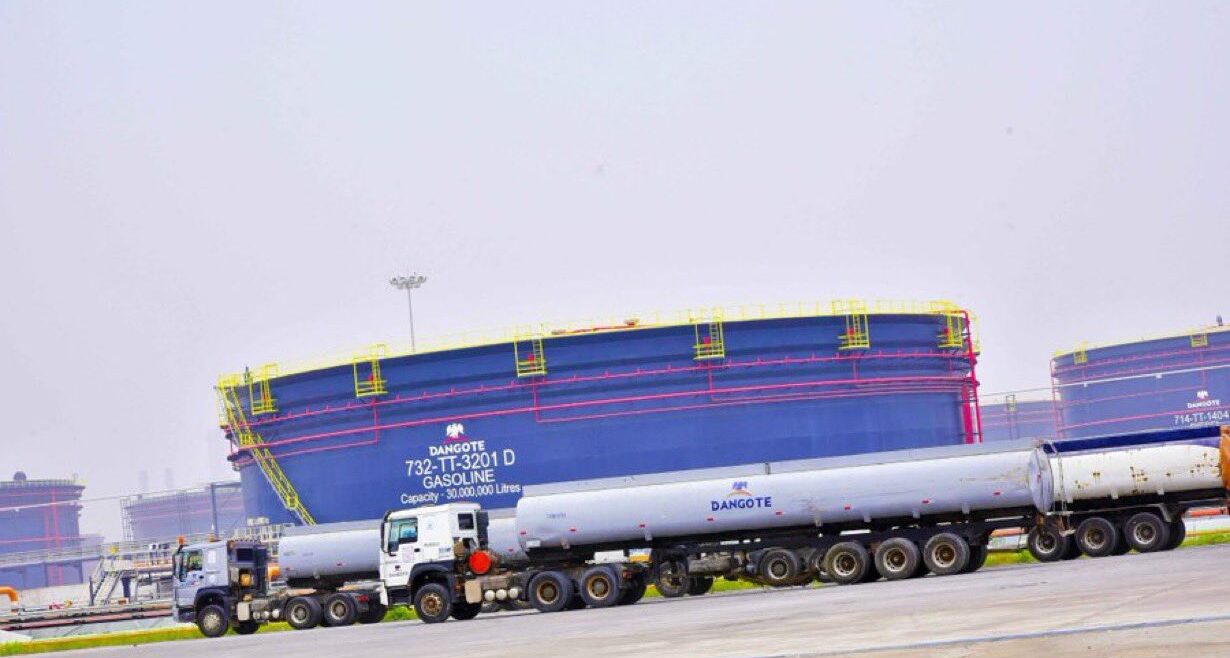
The Dangote Petroleum Refinery has announced a reduction in its ex-depot price of premium motor spirit (PMS), also known as petrol, to N970 per litre for oil marketers.
This is a cut from the refinery’s N990 ex-depot price announced earlier this month, according to a statement on Sunday.
The slash would help marketers save about N20 on each litre of petrol bought from the Lekki-based plant.
Anthony Chiejina, Dangote Group’s chief branding and communications officer, said the move is the refinery’s way of appreciating Nigerians “for their unwavering support in making the refinery a dream come true”.
“In addition, this is to thank the government for their support as this will complement the measures put in place to encourage domestic enterprise for our collective well-being,” the statement reads.
“While the refinery would not compromise on the quality of its petroleum products, we assure you of best quality products that are environmentally friendly and sustainable.
“We are determined to keep ramping up production to meet and surpass our domestic fuel consumption; thus, dispelling any fear of a shortfall in supply.”
Business
Allegation of missing fund untrue, says Access Bank
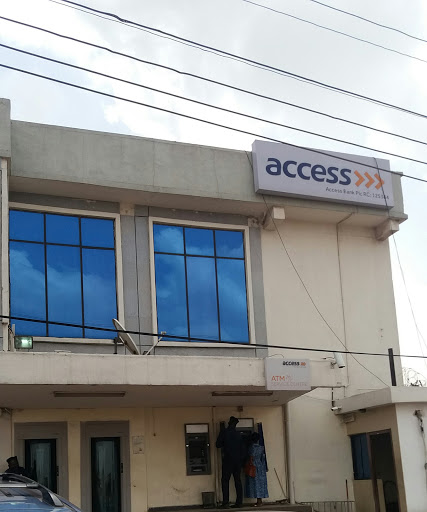
Access Bank Limited has dismissed as untrue allegations of missing fund and unethical behaviour.
The Bank in a statement said: “Our attention has been drawn to a video on social media wherein allegations of missing funds and unethical behaviour have been made against Access Bank PLC.
“First and foremost, we wish to emphasise that the safety and security of our customers’ funds are core priorities which we take seriously. Second, Access Bank Plc does not engage in or condone any unethical behaviour.
“In the instant case, the allegations of missing funds in the Bank are most untrue and baseless.
“There is no N500million or any other fund or amount missing from the subject customer’s account or from any other customer’s account with us.
“We and other independent stakeholders in the banking industry have thoroughly investigated these allegations and independently arrived at the same conclusions.
“Access Bank PLC operates with the highest ethical standards, and we protect our customers’ interests whilst also respecting privacy laws.
“Consequently, whilst we have engaged and will continue to engage with our customers, we must advise the public not to rely on or believe sensational and unverified claims that are designed to titillate and mislead the public.
“We remain committed to serving our customers.”
-
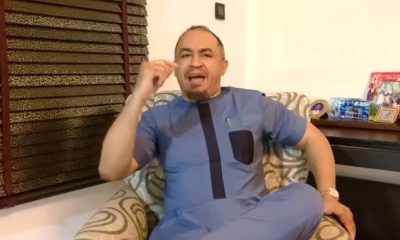
 Celebrities1 week ago
Celebrities1 week agoDaddy Freeze, Akah Nnani clash over Emmanuel Iren
-
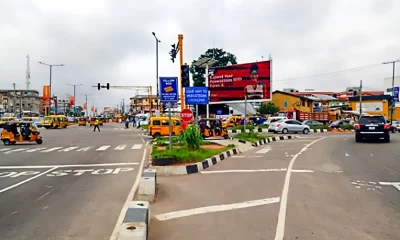
 Business1 week ago
Business1 week agoLagos state government to commence upgrade of major junctions in Ikeja axis, seeks residents’ cooperation
-

 Politics1 week ago
Politics1 week agoDSS operatives arrest man with bags of cash during Ondo guber
-

 Special Features3 days ago
Special Features3 days agoIyabo Ojo, Brainjotter, Dayo Oketola, Penzaarville, Tomiwa and others to speak at the Bodex Social Media Hangout 5.0
-

 News1 week ago
News1 week agoNnamdi Emeh: Suspect Facing Charges In Court, Process Independent Of Police Influence
-

 Health1 week ago
Health1 week agoFive ways to rid your home of ants
-
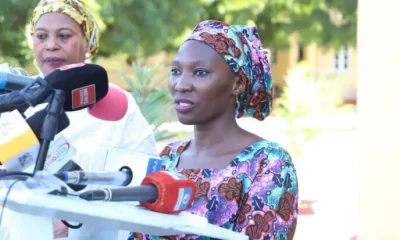
 News1 week ago
News1 week agoAlice Loksha, abducted UNICEF nurse, escapes captivity after 6 years
-
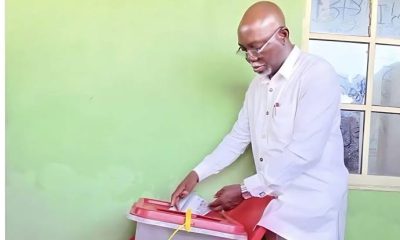
 Politics1 week ago
Politics1 week agoAiyedatiwa takes commanding lead in Ondo guber poll after winning 15 of 18 LGAs

